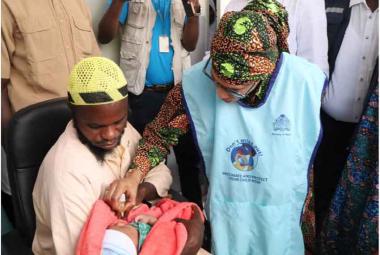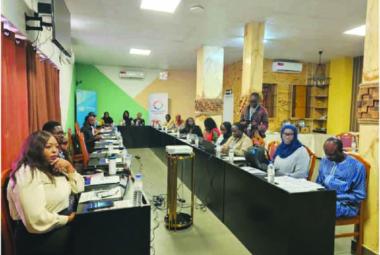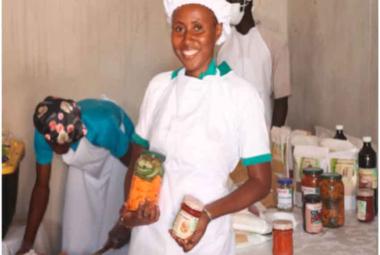By Kumba Leigh
WADEMOS, a non-partisan, independent civil society-led transnational democracy solidarity network last week engaged journalists and CSOs in a knowledge-sharing forum to promote term limits in governance through the promotion of peace and effective civic engagement. The forum aimed to promote evidence-informed pro-democracy learning, advocacy, and activism through knowledge production and sharing, focusing on trends, developments, research, and analysis on issues affecting democracy in countries in West Africa.
The forum brought together journalists and civil society organisations from across the country. Speaking at the opening, Paul Osei-Kuffour, Network Coordinator, WADEMOS, highlighted the significance of human rights. He said they have been organising sessions to raise awareness of human rights defenders in West Africa and their campaign for solidarity on term limits. He explained that WADEMOS is a solidarity network comprising over 35 civil society organisations, whose advocacy efforts are motivated by the decline of democracy over the past decade; especially the unconstitutional changes of governments in West Africa in 2021.
“There are four countries that are managing political transition in West Africa. Civil society organisations have become very concern about the situation. As committed citizens we need to break the silence and identify common factors to help drawback this rising authoritarianism,” he stated. Paul Osei-Kuffour highlighted some of their programmes, which include: civic awareness; promote integrity of elections to ensure electoral processes are inclusive and transparent; and also work vehemently on human rights along with the African Commission on Human and People’s Rights, where they effectively monitor the violations on human rights, with special focus on human rights defenders and activists including the media.
Sait Matty Jaw, Executive Director, Centre for Research and Policy Development, emphasised the importance of regional solidarity in maintaining peace and stability. He referenced on the 2016 election in The Gambia, and said is due to the interventions of regional solidarity that helped maintain the peace and stability in the country. For his part, Salieu Taal, Lawyer and Chair of Gambia Participates, talked about citizens’ contribution to the standardisation of term limits and democratic reforms in The Gambia. He said in Africa there is disconnect between citizens and those who exercise power on their behalf, stressing that the kind of Africa we want should be decided by the citizens.
Following the end of Yahya Jammeh’s 22-year authoritarian rule in 2017, a key aspect of the Gambia’s democratic reform process has been constitutional reform and presidential term limits. While the draft constitution-which included term limits was rejected in 2020, there has been widespread support for term limits within Gambian civil society and among international partners. The Gambia’s recent report history presents a hopeful narrative of democratic renewal and political reform that could have a positive impact on the wider West African region. Efforts to promote and uphold constitutional term limits have been led by ECOWAS, notably with adaptation in 2001 of the additional Protocol on Democracy and Good Governance. However, attempts to review the additional protocol and include a provision on term limits failed due to a lack of consensus with the bloc.







